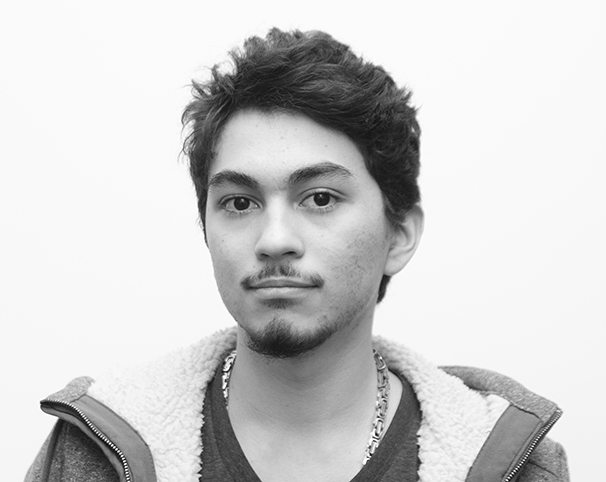Religion and education have enjoyed a long coexistence — many times a collaborative one, sometimes an indivisible one, as is the case with religious studies. They seem to be a couple stuck in a tedious marriage, a cordial but tired union that now exists simply because of the fact that it has existed, and change does not appear to be on the horizon. In fact, one of the first laws governing education in the United States — before it was the United States — was a 1642 Massachusetts General Court law that required parents and guardians to “make certain that their charges could read and understand the principles of religion and the laws of the Commonwealth.” Since then, religious education has been disallowed in public schools, but a whopping 80.2 percent of all private schools in the U.S. 2011-12 academic year had religious affiliation. Although only around 10 percent of U.S. K-12 students attend private school, this still means that around 8 percent of all K-12 students were enrolled in religious schools.
Private schools have the ability and the right to follow any creed they see fit. Similarly, private universities are free to spend their resources in any manner they please, including the subsidization of religious centers and staff. It is perfectly legitimate for universities to offer religious studies for the purpose of the intellectual dissection of religious thought and perpetuation. Unfortunately, it is much more common to find collegiate institutions that focus on the practice of religion rather than its analysis.
NYU itself has its Center for Spiritual Life, with Islamic, Jewish, Buddhist, Christian and Hindu organizations that number in the dozens. These organizations, either through direct subsidy or the provision of space and other resources, receive assets from the university despite being organizations whose purpose is to foster spirituality and faith. NYU is an institution of higher learning — we should not be facilitating the suspension of disbelief unless it happens on a stage.
Budget statistics on NYU spending toward religious centers and organizations are not readily available, but even a single cent is too much to spend on regression. When sessions of the U.S. House of Representatives begin with a prayer, as led by the official House Chaplain, then there is no question that the ideal of faith-state separation has remained just that — an ideal. Unless a university is religiously affiliated, the school should not promote religion outside the academic discussion of a topic. If students want to exercise their religious freedoms, they can find them elsewhere. There is no ignoring the failed relationship any longer — it is high time that school and religion file for divorce.
Felipe De La Hoz is a contributing columnist. Email him at [email protected].
























































































































































